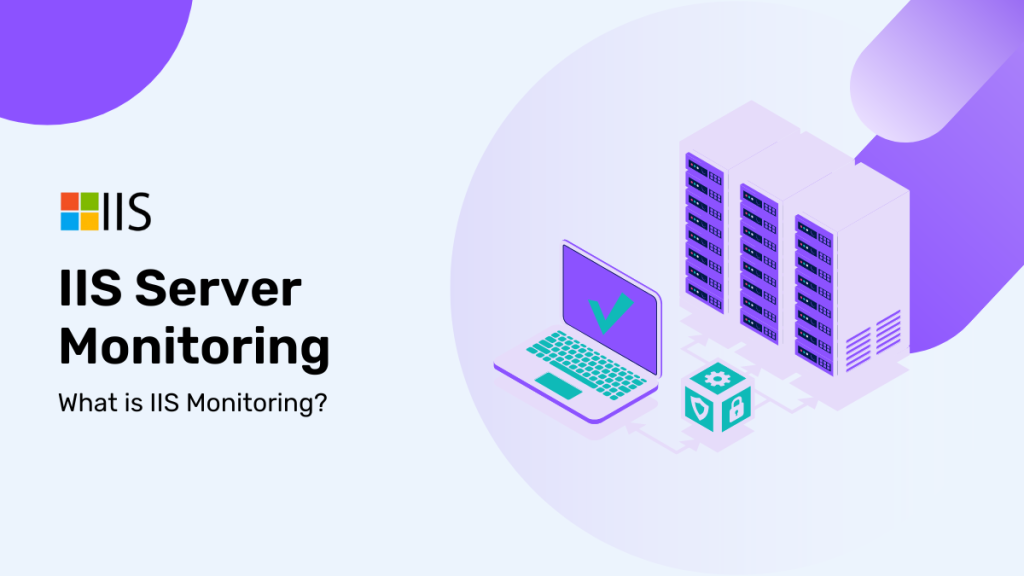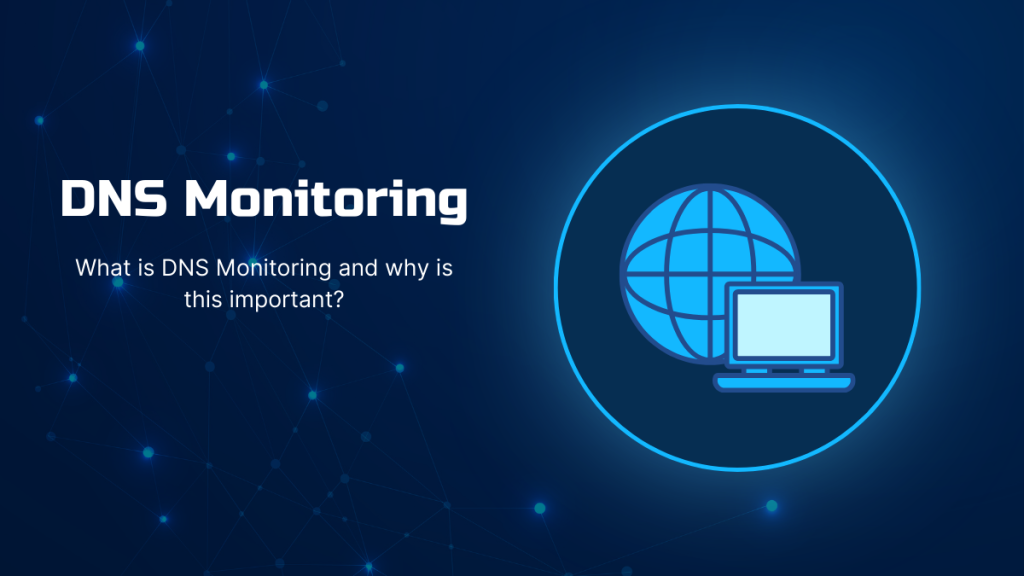Internet Information Services (IIS) is a powerful web server software developed by Microsoft for hosting websites, applications, and services on Windows servers. It provides a robust platform for delivering web content, supporting various programming languages such as ASP.NET, PHP, and others.
IIS offers a range of features including support for HTTP, HTTPS, FTP, SMTP, and NNTP protocols, making it versatile for a wide range of web hosting needs. It also includes security features such as request filtering, SSL/TLS support, and authentication mechanisms to ensure the safety and integrity of hosted content.
With its modular architecture, IIS allows for easy extensibility through add-on modules and components, enabling users to customize and enhance the server’s functionality according to their specific requirements. Additionally, IIS Manager provides a user-friendly interface for managing server configurations, sites, applications, and other resources, making it accessible even to users with limited technical expertise.

